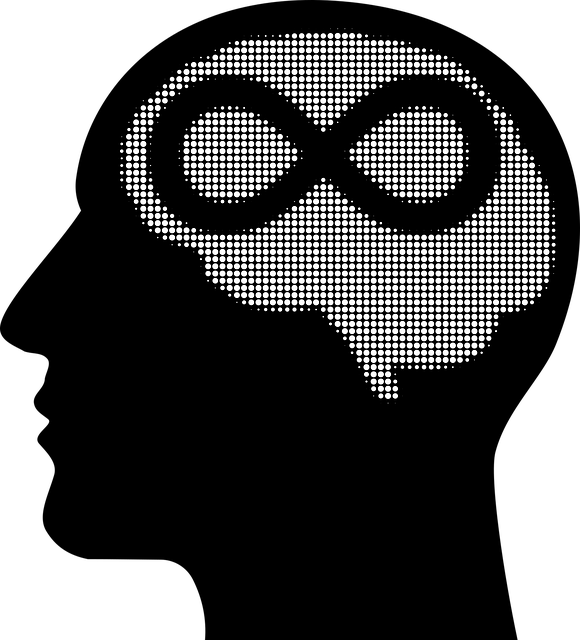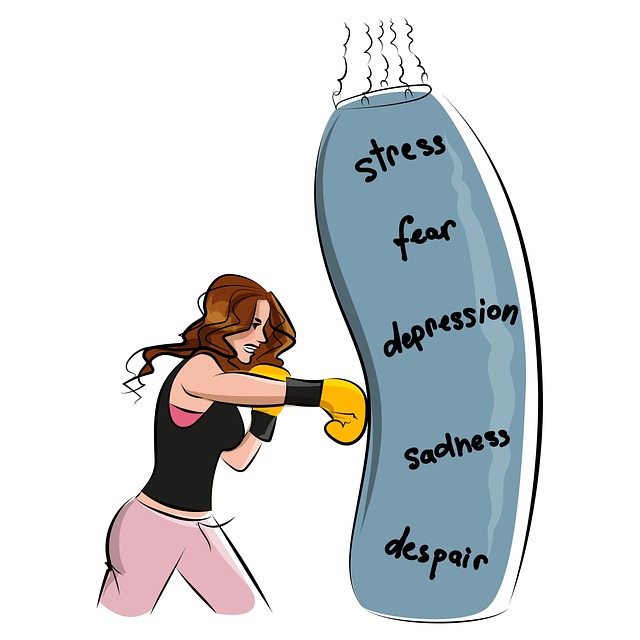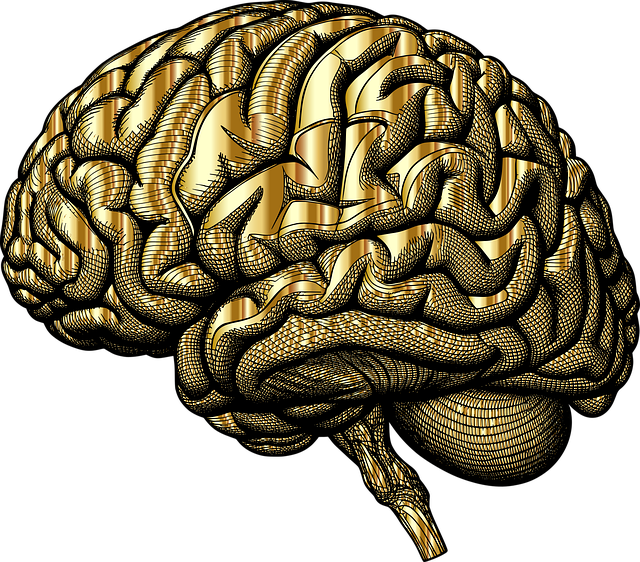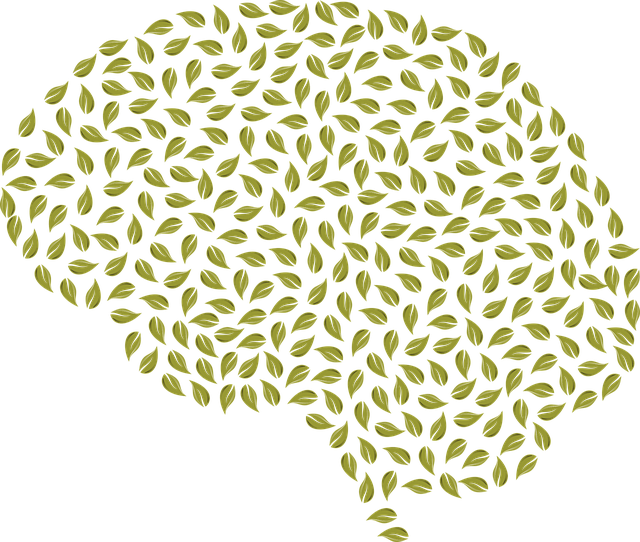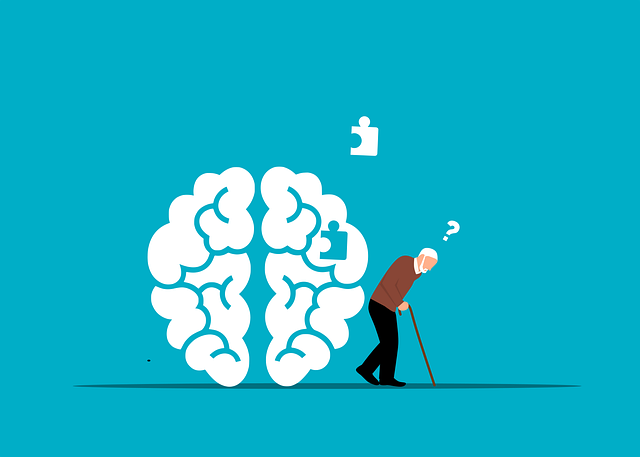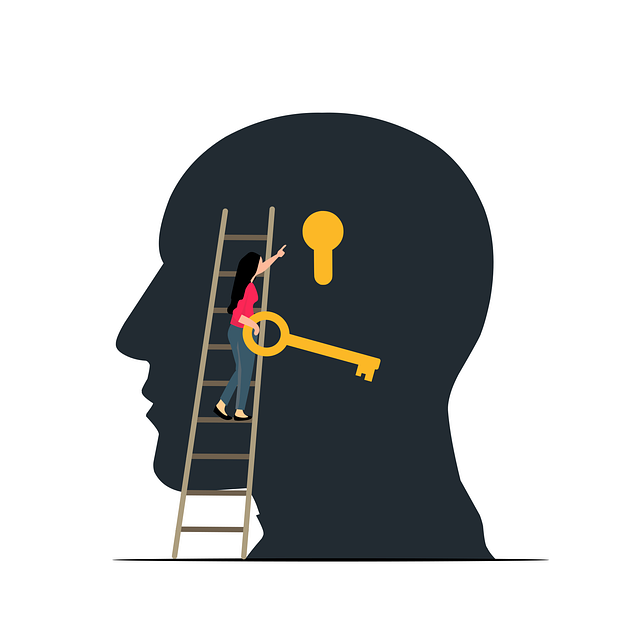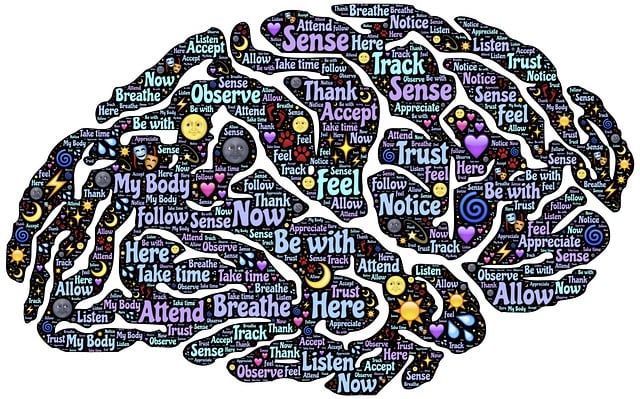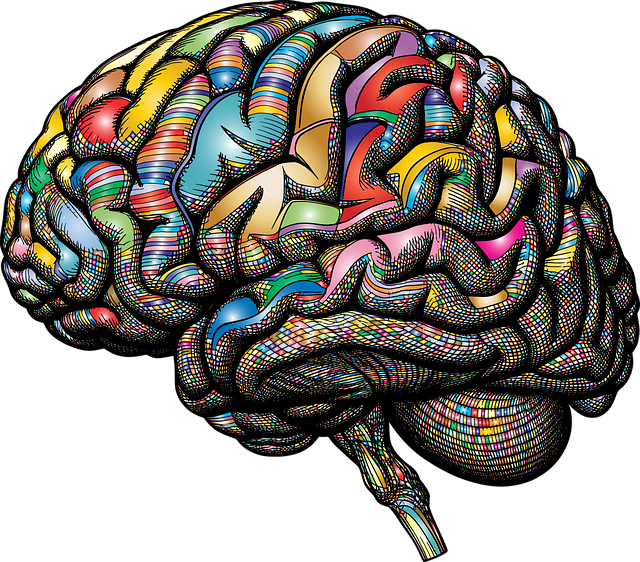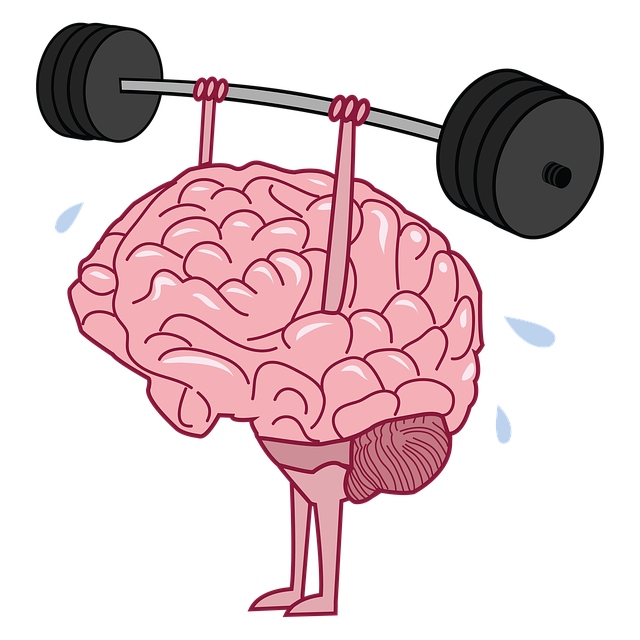Young adults face unique mental health challenges including anxiety, depression and rising eating disorders, requiring tailored Therapy for Young Adults. Effective educational programs should incorporate emotional intelligence training, compassion cultivation, and depression prevention strategies. Bariatric evaluations, combining qualitative and quantitative methods, provide a holistic understanding of participants' needs, facilitating personalized therapy plans. Engaging content like journaling and empathy building exercises enhance program effectiveness, empowering young adults to navigate their mental health journeys successfully.
Mental health education programs play a crucial role in fostering well-being among young adults. This comprehensive guide explores the strategic design of such programs, focusing on identifying common mental health challenges and incorporating effective therapy techniques like cognitive behavioral therapy (CBT) and dialectical behavior therapy (DBT). By integrating bariatric evaluations, stress management modules, and interactive activities, these programs empower individuals with essential tools for navigating their mental health journeys. Through continuous improvement based on participant feedback, educational initiatives can evolve to better support young adults’ evolving needs.
- Assessing Mental Health Needs of Young Adults
- – Identifying common mental health challenges among young adults
- – Incorporating bariatric evaluations for comprehensive understanding
- Crafting Engaging Content for Educational Programs
Assessing Mental Health Needs of Young Adults

Assessing mental health needs among young adults is a crucial step in designing effective educational programs. This demographic often faces unique challenges, including rising rates of anxiety, depression, and eating disorders such as bariatric concerns. Programs should aim to provide therapy for young adults tailored to their specific issues. One approach involves incorporating emotional intelligence, fostering compassion cultivation practices, and integrating strategies for depression prevention into the curriculum.
By understanding the prevalent mental health challenges in this age group, educators can create a supportive environment that encourages open conversations about emotional well-being. This assessment process should involve both self-report surveys and clinical interviews to gain a comprehensive view of the young adults’ psychological states, enabling more targeted interventions and personalized support.
– Identifying common mental health challenges among young adults

Young adults face a unique set of challenges that can significantly impact their mental health and overall well-being. Common issues include anxiety, depression, and stress related to academic pressures, career uncertainties, and financial responsibilities. According to recent studies, this demographic also experiences higher rates of eating disorders, with bariatric evaluations becoming increasingly prevalent. These disorders often require specialized therapy for young adults, focusing on emotional healing processes tailored to their unique needs.
Implementing mental health education programs that incorporate self-care practices can help mitigate these challenges. By teaching coping strategies and promoting open discussions about mental wellness, young adults can develop resilience and better navigate life transitions. Such initiatives should emphasize the importance of early intervention and encourage individuals to seek support before issues escalate, ensuring a healthier and more resilient future for this age group.
– Incorporating bariatric evaluations for comprehensive understanding

In designing mental health education programs for young adults, incorporating bariatric evaluations is essential for achieving a comprehensive understanding of participants’ needs. Bariatric evaluations go beyond typical assessments by delving into physical and psychological aspects, offering valuable insights into individuals’ overall well-being. This holistic approach is crucial in addressing the complex interplay between body image, emotional health, and social dynamics. By integrating these evaluations, programs can tailor their therapy for young adults, ensuring that treatment plans are effective and tailored to individual challenges, such as those related to weight and self-perception.
The process of bariatric evaluations involves a combination of qualitative and quantitative methods, including interviews, surveys, and physical health assessments. These tools enable mental health professionals to identify potential barriers to emotional well-being promotion techniques and stress management strategies. Moreover, they facilitate the early detection of social skills training needs, allowing for proactive interventions. This comprehensive approach not only enhances the program’s effectiveness but also fosters long-term positive outcomes by empowering young adults with the necessary tools to navigate their mental health journeys confidently.
Crafting Engaging Content for Educational Programs

Crafting engaging content is paramount when designing educational programs focused on mental health. For young adults seeking therapy, incorporating interactive and relatable exercises can significantly enhance learning outcomes. For instance, integrating mental wellness journaling allows participants to track their emotional journeys, fostering self-awareness and reflection. This practice not only provides a safe space for expression but also enables individuals to identify patterns and triggers, essential for managing their mental health effectively.
Moreover, including self-care routine development exercises tailored to individual needs can empower young adults with practical tools. By learning about healthy coping mechanisms, such as mindfulness practices or physical activity routines, they gain valuable skills that support their overall well-being. Additionally, incorporating empathy building strategies into the program curriculum helps participants understand and connect with others’ experiences, fostering a supportive environment where everyone feels seen and heard. This holistic approach ensures that educational programs not only educate but also inspire positive change in young adults’ mental health journeys, potentially leading to improved outcomes, including successful bariatric evaluations.
Mental health education programs aimed at young adults must incorporate both identifying common mental health challenges and integrating bariatric evaluations for a comprehensive approach. By crafting engaging content that resonates with this demographic, we can effectively deliver therapy tailored to their unique needs. This holistic strategy ensures that young adults receive the necessary support, fostering better mental well-being and enhanced overall health.
